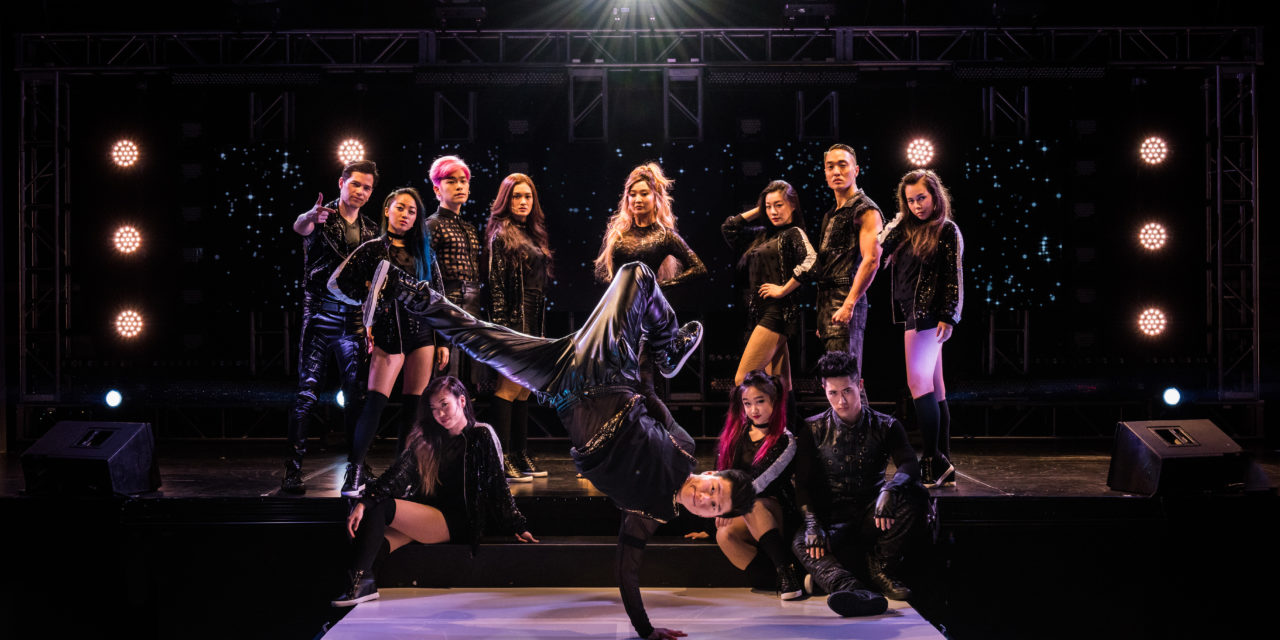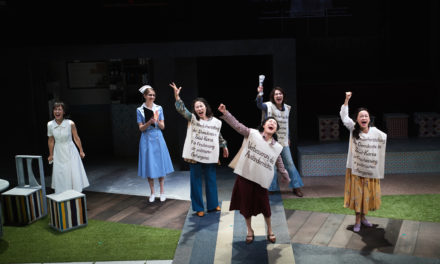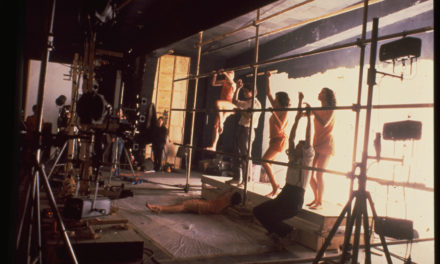In the last few months of 2017, K-pop (Korean pop) has made it into U.S. news reports in two dramatically different ways. First, the Korean boy band BTS (Bangtan Boys) became the first Korean band to perform at the American Music Awards in November. With a remix of their song MIC Drop, featuring Steve Aoki and Desiigner, they also became the highest charting K-pop act in the Billboard Hot 100, rising to number 28. While K-pop has been acquiring a huge fan base in the US and all across the world with several artists such as Rain, Wonder Girls, Big Bang, EXO, and Girls’ Generation, and not to mention, the viral YouTube sensation of Psy’s 2012 megahit Gangnam Style, the frenzy generated by BTS marks a pivotal moment in the worldwide impact of K-pop.
K-pop also suffered a loss in the alleged suicide of Jonghyun, a member of the boy band Shinee, in December. Since its debut in 2008, Shinee has produced numerous hit singles both in Korea and all across Asia, and has developed a big fan base in the US as well. Jonghyun had released several successful solo albums, for which he wrote and produced a majority of the songs, and was only twenty-seven years old when he died. Various US news sites reported on the loss of this prominent internationally-known musician.
It is a truism in show business that behind the spotlight of fame and fortune lies the darkness. K-pop is no exception, more so now that K-pop has grown into a worldwide industry and a topic of growing interest even in the academia. Two English-language books are noteworthy. Mark James Russell’s K-POP Now!: The Korean Music Revolution (2014) provides a thorough introduction to how some of the most popular K-pop acts made their way into the spotlight. Additionally, Suk-Young Kim’s K-pop Live: Fans, Idols, and Multimedia Performance (Aug. 2018) examines how fandom culture, capitalism, and new forms of multimedia technology helped K-pop become a global phenomenon.

Katie Lee Hill, Deborah Kim, Sun Hye Park, Julia Abueva, Cathy Ang, Susannah Kim. Photo by Ben Arons.
In 2017, K-pop found its way into the US musical theatre scene in KPOP, a co-production by ArsNova, Woodshed Collective, and Ma-Yi Theater Company, premiering in New York City. The immersive performance piece, which ran from September to October, was conceived by the Woodshed Collective and Jason Kim, with a book by Jason Kim, and music and lyrics by Helen Park and Max Vernon. Most of the creative team and cast are Asian or Asian American. Teddy Bergman staged the piece as a walking tour of a K-pop producing “factory” over two floors at the A.R.T./New York Theatres in Hell’s Kitchen. The audience members served as a focus group as they were taken on a tour through the various stages of the development of a new boy band and a girl band that are “manufactured” to break into the US market.
The music reflects current K-pop hits, characterized by a synthetic blend of pop, rock, hip-hop, and EDM, choreographed in kinetic, perfectly synchronized style. The two-and-a-half-hour-long show received rave reviews from many critics, and the audience members were treated to a behind-the-scenes look at a K-pop factory – the hard work, the stress, and sacrifice the trainees have to make to achieve stardom – and also close-up exposure to the finely-produced tracks and high octane performances.

(clockwise circle) Joomin Hwang (bottom seated on floor left), John Yi (midlevel left), Jinwoo Jung (top), Jiho Kang (pink hair), Jason Tam (arms crossed). Photo by Ben Arons.
K-pop and musicals have formed a mutually beneficial relationship in Korea. Nevertheless, this has predominantly been in the form of K-pop stars replacing professional musical actors in Western musicals. There has not been a formal integration of the musical style of K-pop into musical theatre in Korea yet.
In the theatre scene in South Korea, the meeting between K-pop and musical theatre has been evolving for over a decade. It has become familiar to see K-pop singers taking leading roles in popular Western musicals. While producers believe that a star lead is the primary factor for ticket sales, some current or former idols such as Xia Junsu (JYJ), Ock Joo Hyun (Fin.K.L), and Bada (SES) have established themselves as bona fide musical theatre stars. Currently, more and more contemporary idol singers use the musical stage to develop their skills, expand their performance repertoire, and connect with their fans in a new way.
The musical KPOP, for this reason, is a distinctively hybrid work created in a timely manner as the K-pop and musical genres mature. Accordingly, playing in the theatre capital of the world to new audiences expanded the demographics of K-pop consumers. This unique piece gives hope to more artistic collaborations expressing a refined combination of non-western pop music and musical theatre.
To read Part II of the series, click here.

Ashley Park. Photo by Ben Arons.
This post was written by the author in their personal capacity.The opinions expressed in this article are the author’s own and do not reflect the view of The Theatre Times, their staff or collaborators.
This post was written by Walter Byongsok Chon.
The views expressed here belong to the author and do not necessarily reflect our views and opinions.


















